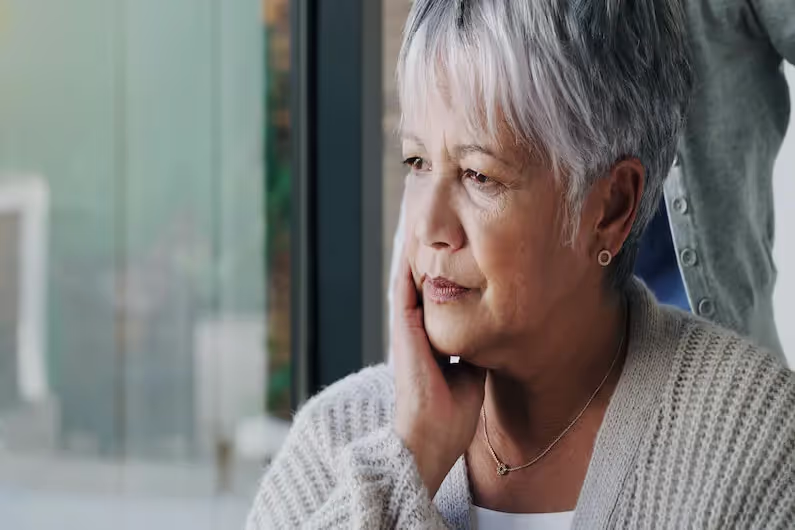We expect to be stressed and anxious in the days leading up to a storm or anticipated disaster. However, there can be a mix of emotions felt in the days after the disaster hits, making it difficult to cope. Most people will do well and return to their previous schedule and activities. But, for some, it isn't always that easy. Once the damage has been assessed, feelings of distress, confusion, fear, depression, and hopelessness are very common following a disaster, like a hurricane.
Traumatic events are not easy to comprehend and understand. But there are steps you can take to help you cope after a disaster. Things you can do that will help you care for yourself and your family following a disaster and that will reduce the negative effects and find a sliver of light at the end of the tunnel.
Common Reactions After a Disaster
Everyone responds differently to events and disasters. Impacts and reactions can happen immediately or appear over time, and there is nothing to be ashamed of or embarrassed about.
Some common feelings and reactions post-disaster include:
- Sleep disturbances – unable to fall asleep or stay asleep
- Lack of energy
- Loss of appetite
- Overeating
- Difficulty concentrating
- Sadness, depression, hyperactivity, irritability, or anger
- Headaches, stomachaches, or other body pains
- Social isolation
- Abuse of alcohol, tobacco, drugs (including medications)
Steps To Take Post-Disaster
We all have different coping methods. After a disaster, it's easy to withdraw and keep to ourselves. We may even feel sorry for ourselves and think no one else understands our feelings. The main thing to remember is that you're not alone. You have a support group. Don't be afraid to reach out. And if it's a family member or friend who is having difficulty moving forward, be there for them. Be there support.
Other steps you can take to help cope with the aftermath of a disaster include:
Take care of your body – Make sure you're eating healthy, hydrating, and exercising.Making your body a priority can help battle stress and its negative effects.
Avoid or limit alcohol and tobacco use – These substances are commonly used to help cope with stress and anxiety. Although, they usually cause more problems in the long run and create other issues.
Limit exposure to media – It's easy to get caught up with what you're watching and reading on the news. But be careful and limit your exposure. The media tends to sensationalize information and can cause feelings to resurface.
Have fun – Regardless of how bad you think it is, try to engage in fun activities to take your mind off things. Take time to partake in some hobbies you enjoy, such as reading, exercising, and going out with friends.
Stay up-to-date – Following a disaster, it's important to stay informed of outcomes and developments. Use credible sources, such as state and local officials.
Find ways to relax – Easier said than done but try doing some breathing exercises or meditations to relax your mind and body.
Stay connected – Keep your friends and family close and lean on them when needed.
Contact your provider – Don't be afraid to contact your doctor to discuss your feelings. They can help you create a plan of action to get you feeling better.
If you're experiencing a crisis, the resources below are available to help now:
- Disaster Distress Helpline: 1-800-985-5990
- National Suicide Prevention Lifeline: 1-800-273-8255
- Crisis Text line: Text TALK to 741741
- Chat online with Lifeline




